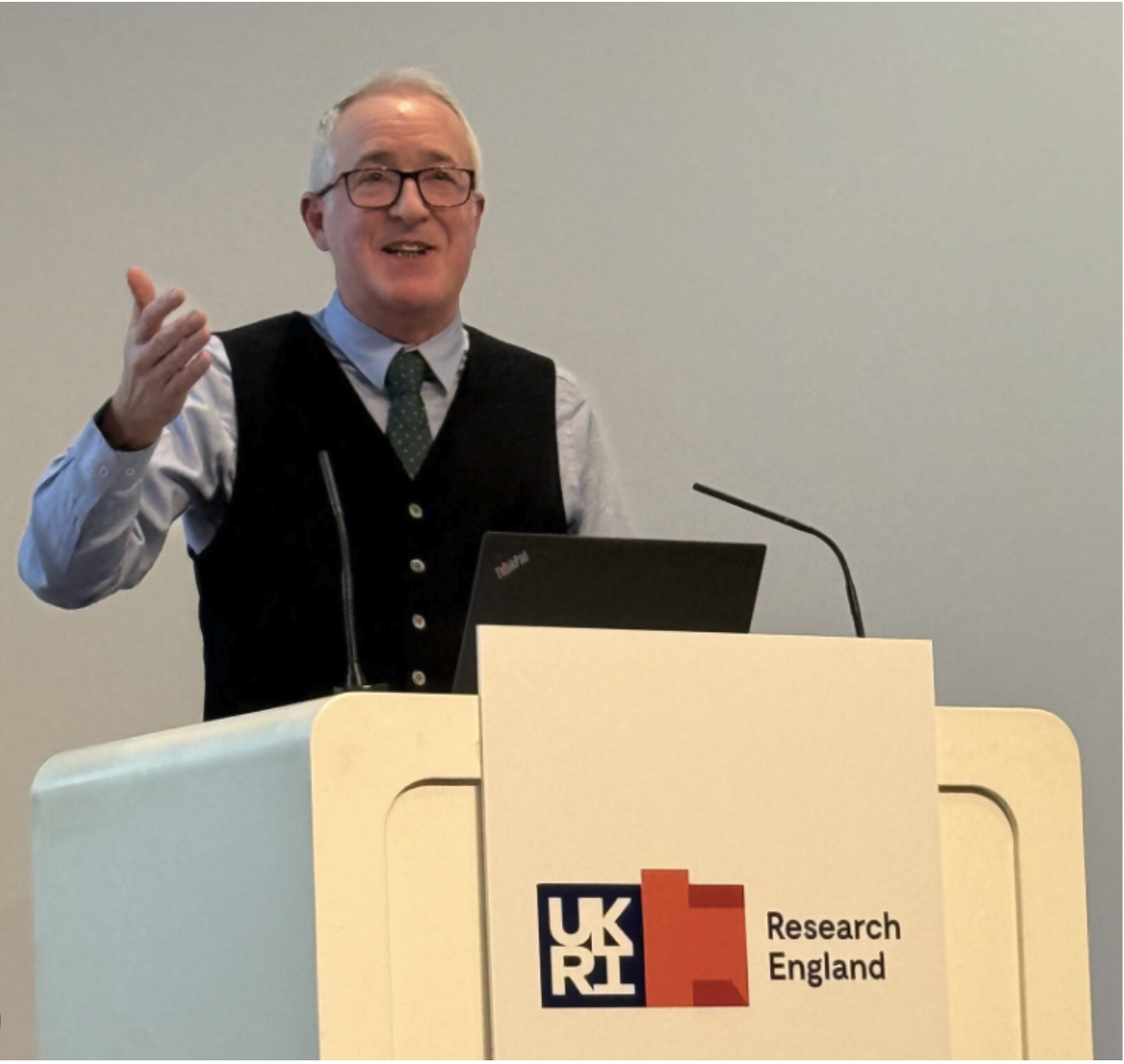University innovation community backs proof-of-concept funding
Call to action at TenU event: “Pathway to Growth: Driving Innovation Further, Faster” on Tuesday 20 May.
Government committed £40m over five years for academics-turned-founders to bridge ‘valley of death’ between research and commercialisation.
But the fund is oversubscribed, and experts recommend a more ‘strategic and sophisticated’ approach in line with international rivals.
The UK could be missing out on thousands of cutting-edge spinout companies due to a shortage in support for academics to take the first step towards forming a business, experts are warning.
The Government wants to see a boom in spinouts, companies formed from university breakthroughs, as part of its growth mission.
Bridging the gap from research to commercialising an innovation can be very challenging – it’s described by some as the ‘Valley of Death’. But relatively small amounts of funding or access to commercial expertise can make all the difference.
That is why universities, founders and investors attended a major event to urge Government to expand a national fund that supports academics to get their innovations ready for investment.
The Government announced a £40m Proof-of-Concept (PoC) five-year fund at the Autumn Budget for inventors to test and validate their ideas so they are more attractive to investors.
But TenU, which represents leading universities’ technology transfer teams, warns that the first £9m tranche of the fund is significantly oversubscribed with thousands of academics to miss out. The group also argues that countries such as Belgium and Australia invest significantly more in PoC funding.
TenU has worked with a coalition of organisations: Knowledge Exchange UK, the Russell Group and University Alliance to highlight barriers to university commercialisation and economic growth, with a particular focus on ensuring that proof-of-concept funding is available across the UK. Together the coalition represents over 120 UK universities as well as other knowledge exchange and technology transfer organisations.
TenU has also commissioned a working group, including representatives from PoC funds, national funders, investors, and industry, to devise creative ideas for the future of PoC funding.
After a series of in-depth sessions, TenU recommends a bold development of the PoC fund in which public funding is offered alongside support from the business world to test, validate and research markets for their breakthroughs – with investors also brought in to support the application and decision-making process.
The recommendation was announced ahead of TenU’s latest event: “Pathway to Growth: Driving Innovation Further, Faster” which was held at the British Academy on 20 May – where the working group’s chair Adam Stoten presented the findings.
Speaking ahead of the event, Adam Stoten, Evotec and Chair of Working Group said:
“In my work with university commercialisation experts, investors and founders, I’ve heard the same story again and again: great ideas stuck in limbo. Research funding runs out before commercial viability is established, and investors aren’t yet ready to step in. Inventors need time and resource to understand commercial potential, build a prototype or conduct a “killer experiment”. PoC funding can bridge that gap.
“With its world-class research base, the UK should be a global leader in spinouts. A more strategic and sophisticated approach to PoC funding would dramatically increase the number of successful spinouts, licences and high-growth start-ups from UK universities.”
Tim Haines, Chair of TenU and Executive Partner and Managing Director at Abingworth LLP said:
“A partnership approach is a win-win. For a spinout boom – particularly in sectors identified in the Industrial Strategy – there needs to be more access to PoC funding and support.
“At the same time, greater private sector involvement in process could attract greater levels of follow-on investment, and the private sector would benefit from a greater pool of validated, investment-ready spinouts and a flourishing entrepreneurship on campuses.”
Dr Ananay Aguilar, head of TenU, said:
“We’re bringing together leading universities — including TenU’s international members — alongside investors, founders, industry and policymakers to explore how we unlock the potential of Proof of Concept (PoC) funding.
“The Government is betting on innovation to drive growth, and spinouts are key to that. But too many breakthroughs stall without early support.
“This event highlights the breadth of support behind a renewed vision for PoC funding — and the opportunity to leverage the UK’s world-class research for societal and economic impact.”
Proof-of-concept (PoC)
Proof-of-concept (POC) programmes are critical translational initiatives in research organisations that bridge the gap between academic research findings and de-risked product/service opportunities ready for new company creation, licensing to existing companies or other commercial applications. TenU’s analysis shows that such funds bring a significant return on investment and help create an eco-system for commercialisation.
The 2023 independent spinout review recommended an increase in PoC funding. The previous Government committed £20m towards a new 3-year fund. In the Autumn Budget the Chancellor increased the fund to £40m over 5 years.
The Government is planning to announce the recipients of the £9m PoC fund in the summer. Expressions of interest for the first UKRI PoC funding round totalled 2750, around 30 times more than grants available.
International comparisons
For TenU, it is no surprise that the fund is oversubscribed: one Belgian university, KU Leuven receives €20m annually from the regional government for PoC funding - more than all UK universities combined.
Meanwhile, Australia has introduced the Economic Accelerator, a $1.6 billion (£800m) ten-year programme supporting the journey from cutting-edge research to the products and services of the future.
TenU recently held a panel looking at the Global Proof-of-Concept Models.






